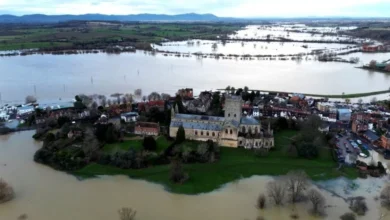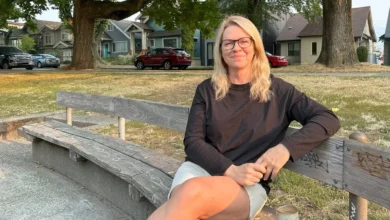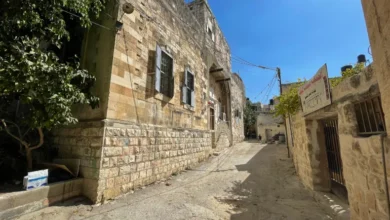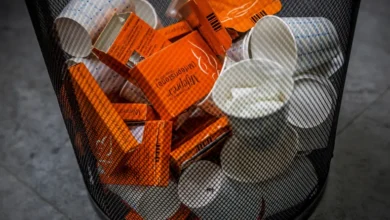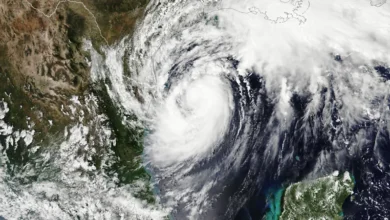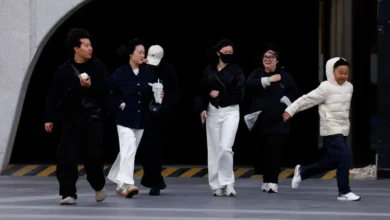Ghana to Botswana: Why African voters are throwing out ruling parties
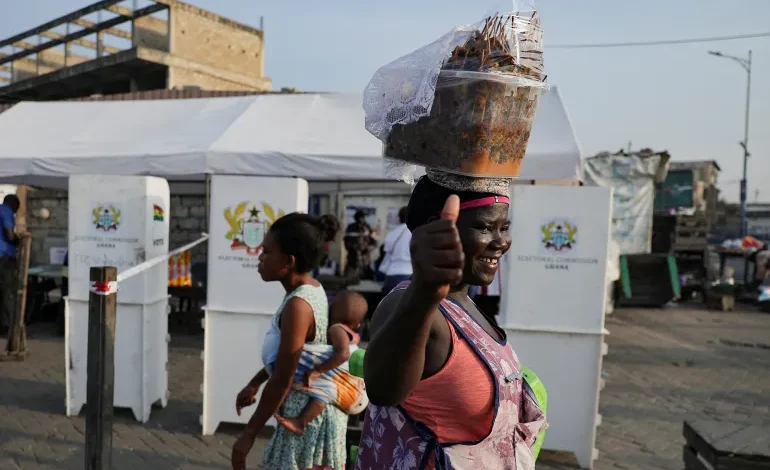
Jubilant victory songs filled the air in Ghana’s capital, Accra, on Monday as supporters of the National Democratic Congress (NDC) party filled the streets to celebrate their candidate, former President John Dramani Mahama’s win in an election that will once again make him head of state of the West African nation.
Decked in the party’s colours of red, white and black, supporters, young and old, blew on flutes, whistled and drummed thunderously on plastic buckets, as they hugged and danced in front of the NDC headquarters in Accra’s Adabraka neighbourhood.Their joy was hardly surprising. Mahama’s defeat of Vice President Mahamudu Bawumia, the candidate of the ruling New Patriotic Party (NPP), was astonishingly complete. Experts predicted a very close vote, and maybe even a run-off, but Mahama wiped the floor with the NPP and won by an unprecedented landslide. For the first time in the country, a clear winner emerged within hours of polls closing on Sunday. By nightfall, Bawumia, who was behind by an unheard of 1.6 million votes, conceded defeat.
“We’ve not seen such a massive gap before in any elections since 1992 because Ghana elections are usually closely fought,” researcher Emmanuel Yeboah of the Ghana Center for Democratic Development (CDD-Ghana) told Al Jazeera.
The scenes in Accra marked the culmination of a surprising election year across the African continent, during which opposition movements made big waves, either totally ejecting incumbent parties from power or significantly loosening their grip.
From some 12 general elections, four countries (Ghana, Botswana, Mauritius and Senegal) alongside the breakaway, self-governed region of Somaliland, recorded total transfers of power. Two others (South Africa and Namibia) saw significant opposition gains.
Out with the old, in with the new
While it is impossible to box all African countries and their electorates together, voters largely assessed some of the same key issues in deciding who to vote for, experts say.
“There’s a sense that voters want to punish parties for failure to boost economies, create jobs and fight corruption,” Graham Hopwood, executive director of the Namibia-based Institute for Public Policy Research, told Al Jazeera. In some cases, opposition groups played on these failures in their campaigns, and bonded to get stronger, he said.
Soaring inflation in Ghana – the kind not felt in a decade – corruption, and severe environmental degradation from illegal mining or “galamsey” proved the final death knell for the ruling NPP government led by President Nana Akufo-Addo.
The NDC campaigned on the government’s failures, but it was ultimately the low turnout of the NPP’s own support base that hurt the party, aptly reflecting how much it had let Ghanaians down. Voter turnout on Sunday was only 60 percent because many NPP supporters, frustrated with the government and lacking faith in the opposition, did not vote, Yeboah of the CDD said.
“NPP thought they would get more votes because of their free senior high school policy but ultimately, they were punished,” he said, referring to the landmark 2017 policy of the Akufo-Addo government that made senior secondary education free for all.
